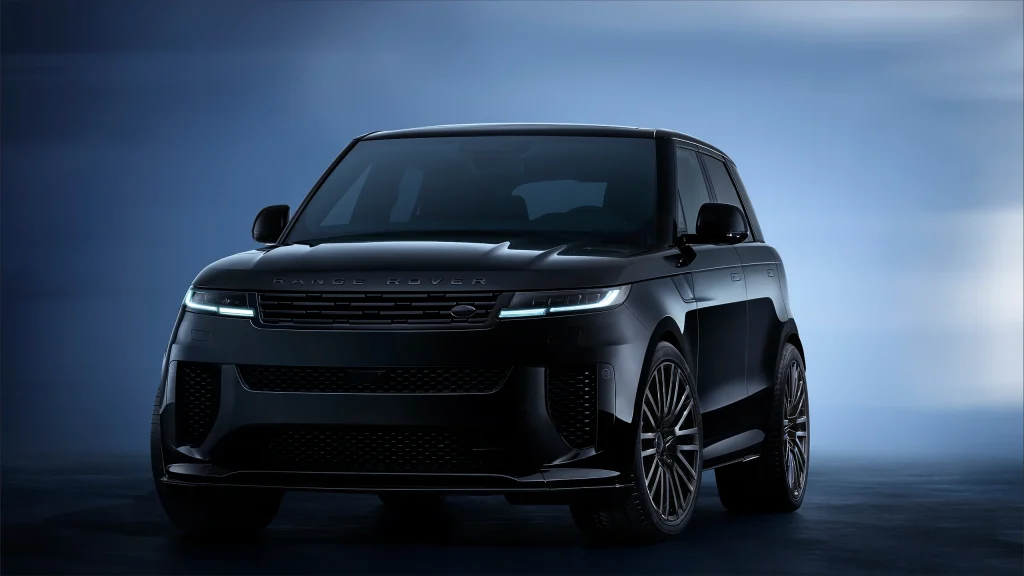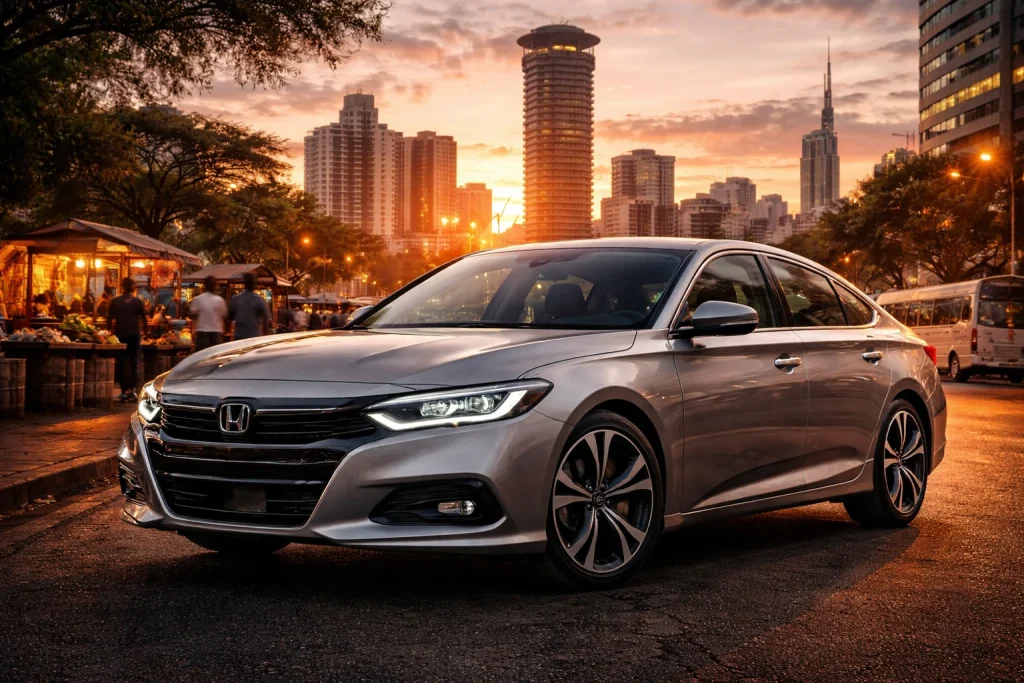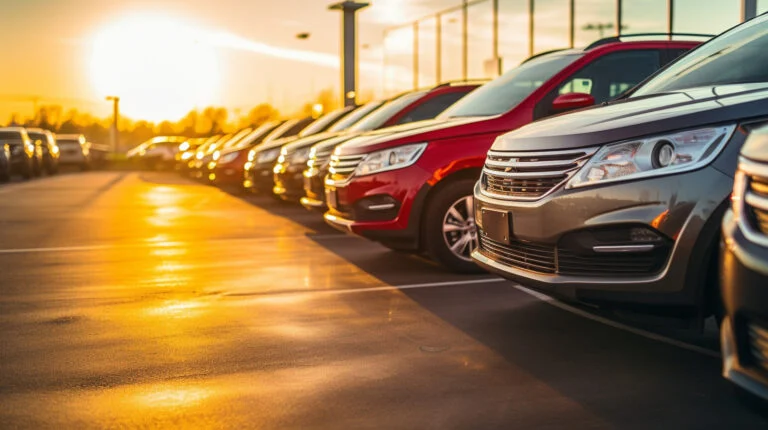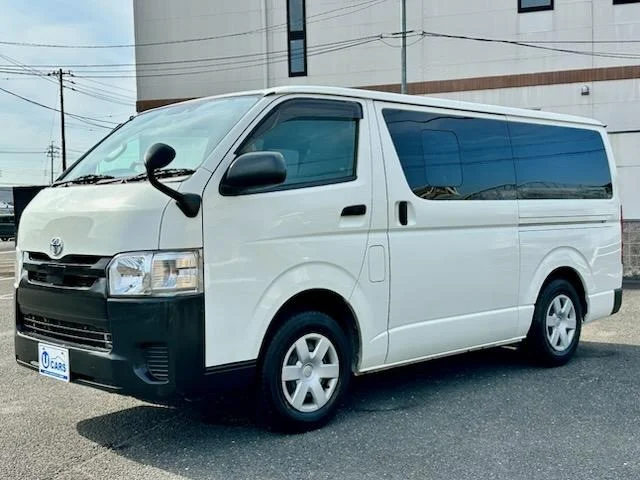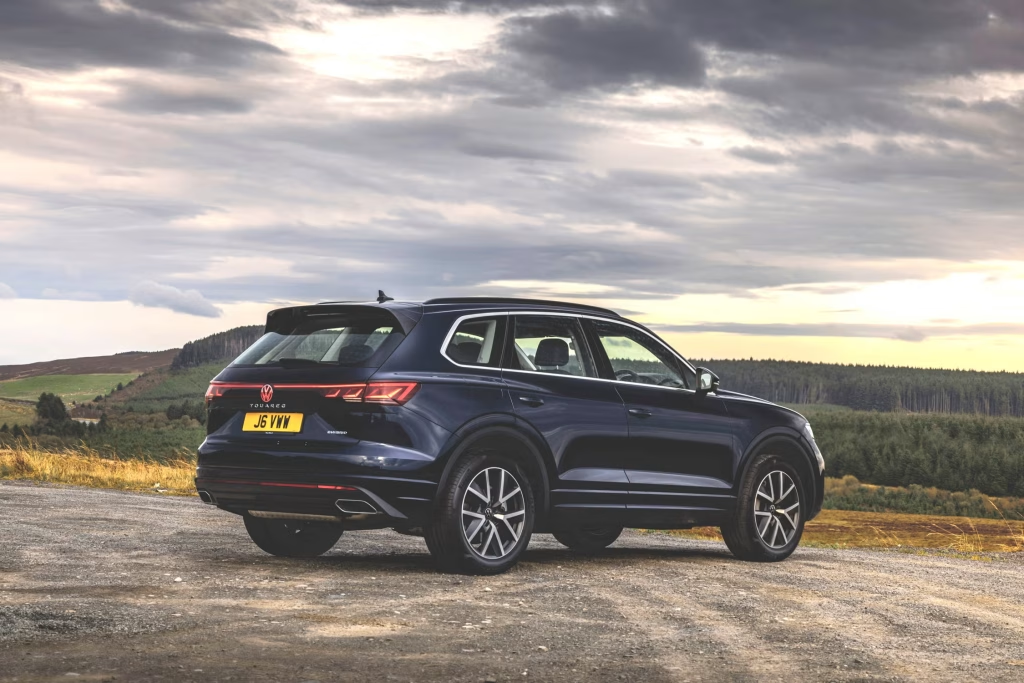As fuel prices in Kenya remain high and eco-consciousness grows, more car buyers are considering switching to hybrid vehicles. But are they better than petrol cars in 2025? The answer depends on your driving habits, budget, and long-term priorities.
In this guide, we compare hybrid cars vs petrol cars in Kenya—including running costs, maintenance, resale value, and environmental impact—to help you decide which option suits you best.
💸 1. Upfront Cost Comparison
When comparing vehicles in Kenya, the first thing many buyers look at is the upfront cost. Petrol cars generally come in cheaper, especially for used units under Ksh 2 million. Hybrid vehicles, however, have become more affordable thanks to increased imports and government support.
| Vehicle Type | Popular Model | Estimated Price (KES) |
|---|---|---|
| Petrol | Toyota Axio | 1.6M |
| Hybrid | Toyota Aqua | 1.9M |
| Petrol SUV | Toyota RAV4 (petrol) | 3.8M |
| Hybrid SUV | Toyota Harrier Hybrid | 4.5M |
Verdict: Petrol cars are cheaper upfront, but hybrids are catching up in affordability.
2. Fuel Efficiency
Fuel costs are one of the most significant ongoing expenses for car owners in Kenya. Hybrids are unmatched in this category.
| Vehicle Type | Average km/l |
| Petrol Car | 10–14 km/l |
| Hybrid Car | 20–30 km/l |
If you drive daily in Nairobi or cover long distances—like commuting from Kiambu to Westlands or Ngong to CBD—hybrids can save Ksh 8,000–12,000 per month on fuel alone. Over 12 months, that’s nearly Ksh 150,000 in savings.
3. Maintenance Costs
Another area of concern for buyers is the cost of maintaining the vehicle. Hybrids require less frequent engine servicing but have costlier components like the hybrid battery.
| Service Item | Petrol Car (KES) | Hybrid Car (KES) |
| Oil change | 3,000–5,000 | 4,000–6,000 |
| Brake pad replacement | 6,000–9,000 | 4,000–7,000 |
| Battery replacement | 12,000 | 90,000–200,000 |
Verdict: Hybrid batteries are expensive to replace, but overall servicing (brakes, oil, plugs) is cheaper due to regenerative braking and lower engine wear. Cars Kenya offers a 1+1 year warranty on hybrid batteries, reducing risk.
4. Environmental Impact
Kenya’s urban centres like Nairobi, Mombasa, and Kisumu are grappling with increasing levels of air pollution. Vehicle emissions are a major contributor.
- Petrol Cars emit higher levels of CO2 and NOx, increasing smog and respiratory illnesses.
- Hybrids reduce carbon emissions and run more cleanly, particularly in stop-and-go traffic.
If you’re concerned about sustainability or planning to access eco-zones in the future (as Nairobi may introduce), hybrids are the better option.
5. Resale Value & Demand
The demand for hybrid vehicles in Kenya has grown rapidly over the past three years. Consumers now understand the fuel cost benefits, and servicing options have improved.
Popular resale models include:
- Toyota Aqua
- Toyota Prius
- Honda Fit Hybrid
- Nissan Note e-Power
As more Kenyans look to reduce long-term costs, hybrids are expected to maintain higher resale value, especially in cities with rising fuel prices.
6. Driving Experience & Performance
Driving feel and performance matter—especially for those who commute often or value responsive handling.
- Petrol Cars offer more torque and responsiveness at high speeds.
- Hybrids excel in quiet, smooth, stop-start traffic conditions. The instant torque from electric motors provides silent yet efficient acceleration.
In off-road conditions or long-haul driving (e.g., Nairobi to Eldoret), powerful petrol engines might still be the better fit for performance.
7. Common Myths About Hybrids
Myth 1: Hybrids are slow — Many modern hybrids like the Lexus RX or Toyota Harrier Hybrid are quick, with combined power outputs equal to petrol-only versions.
Myth 2: Hybrid batteries are a constant problem — With proper diagnostics and care, hybrid batteries last 8–10 years. Many service centers now offer battery reconditioning at a fraction of replacement cost.
Myth 3: No one can fix hybrids in Kenya — That may have been true in 2017. In 2025, centers like JVSC, Makos Auto, and Cars Kenya service hybrid cars across Nairobi, Mombasa, and Kisumu.
📝 Final Verdict: Which Should You Buy?
| Category | Best Option |
| Budget (Upfront) | Petrol Car |
| Daily Fuel Savings | Hybrid Car |
| Eco-Friendly Driving | Hybrid Car |
| Long-Term Cost Saving | Hybrid Car |
| Low Maintenance | Hybrid Car |
| Raw Power/Performance | Petrol Car |
In 2025, if your priority is fuel savings, lower emissions, and future-ready ownership, then hybrid cars are the better buy in Kenya.
However, if you drive occasionally, prefer lower initial investment, or love traditional performance, petrol still holds its ground.
Ready to Make a Smart Choice?
Let Cars Kenya guide you in choosing the best car for your budget and lifestyle—whether hybrid or petrol.
📞 Call/WhatsApp: +254 713 147 136
📧 Email: sales@carskenya.co.ke

